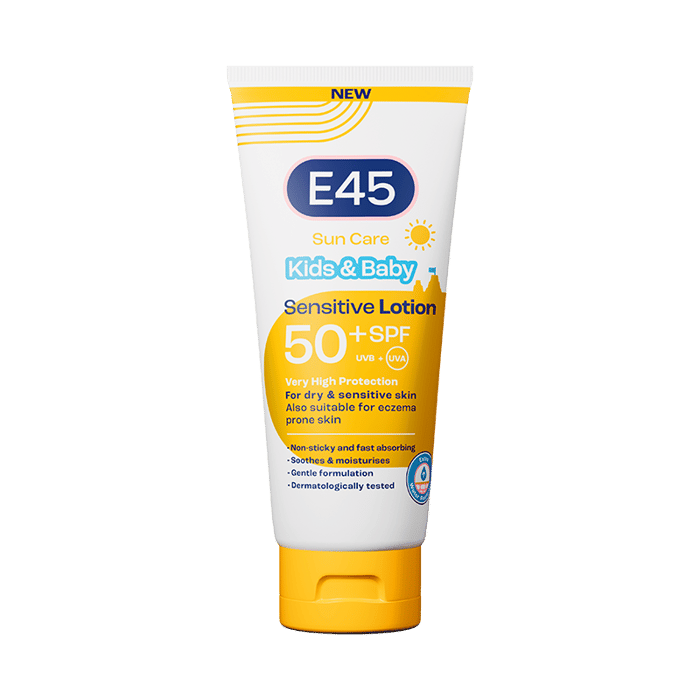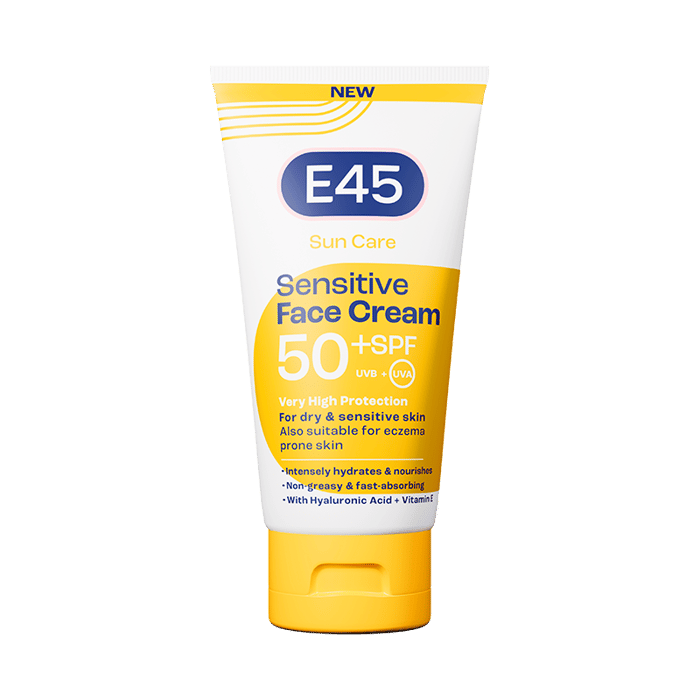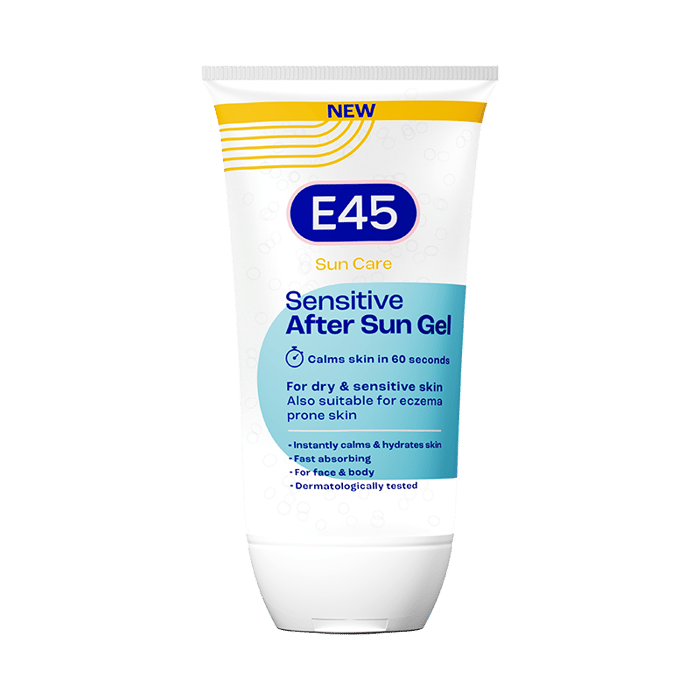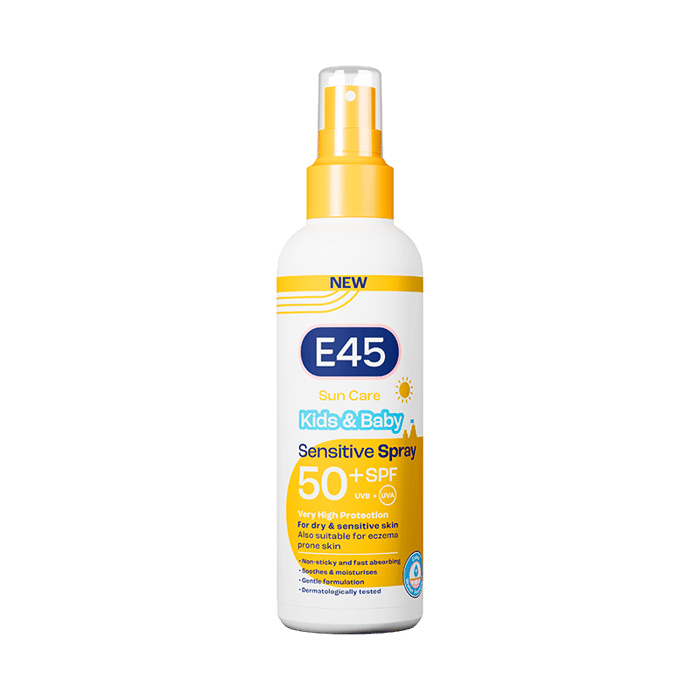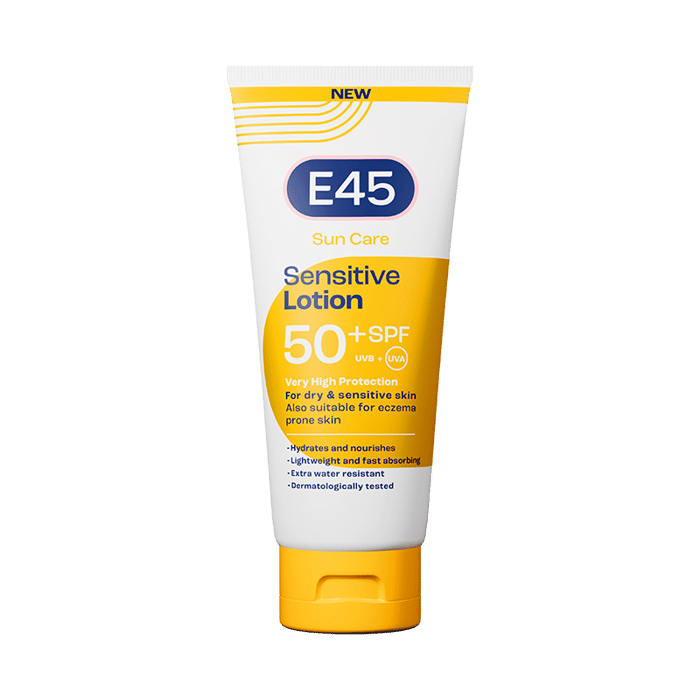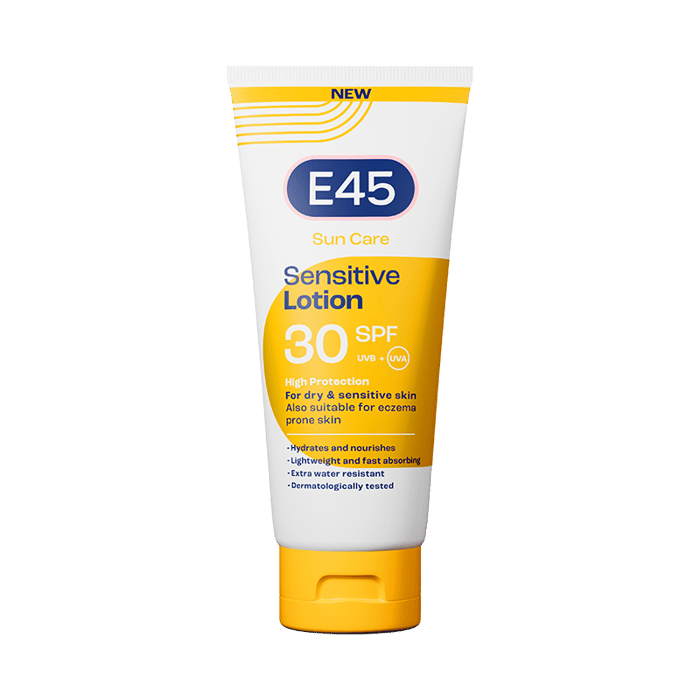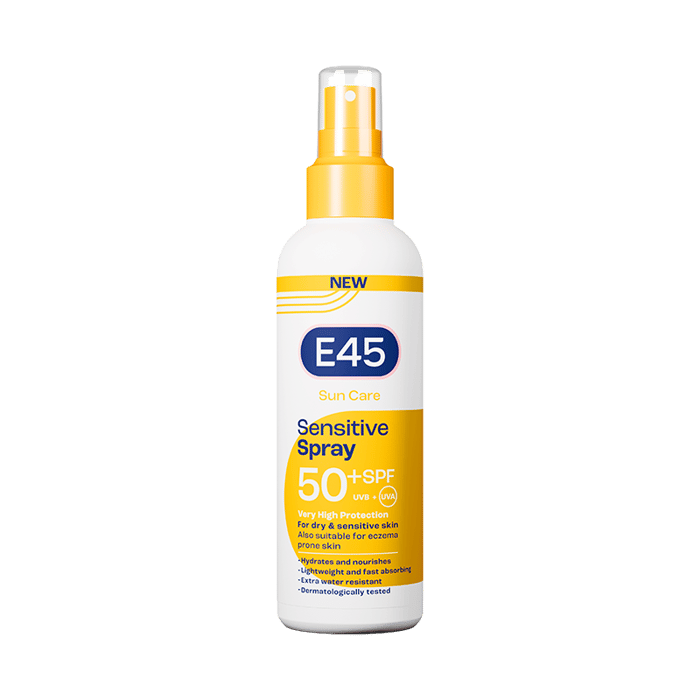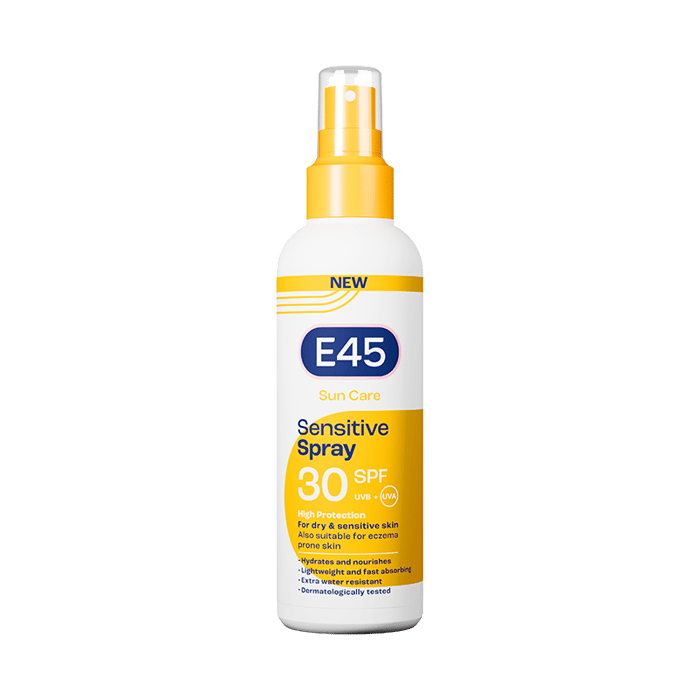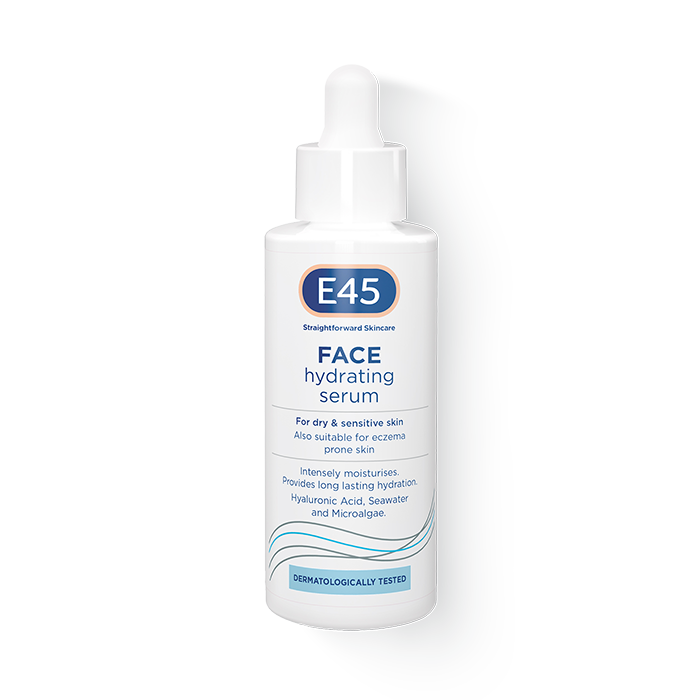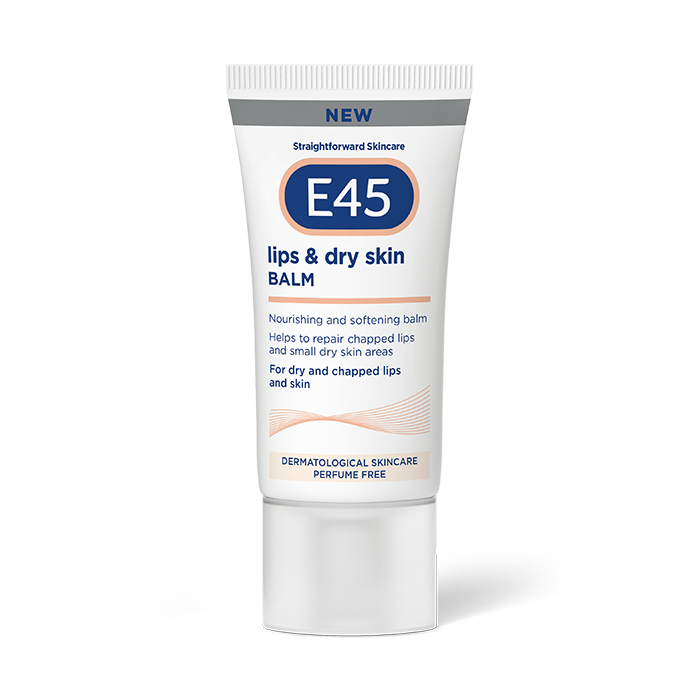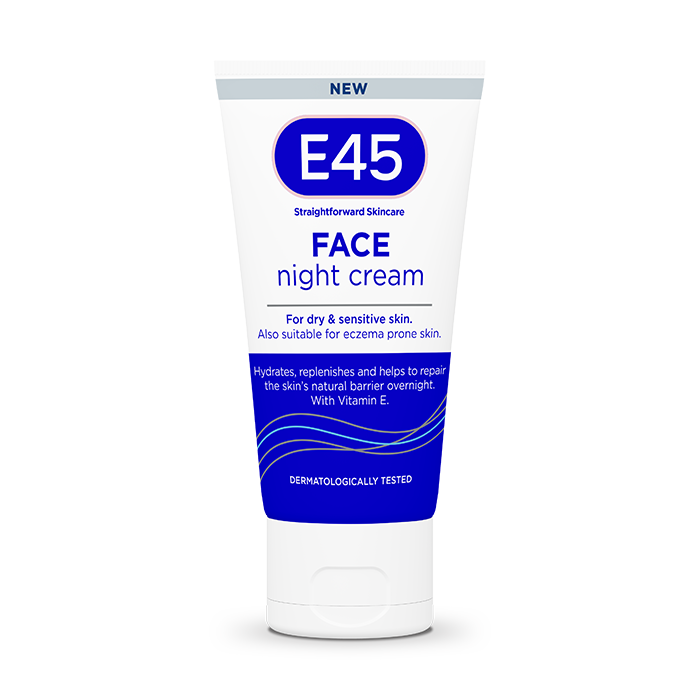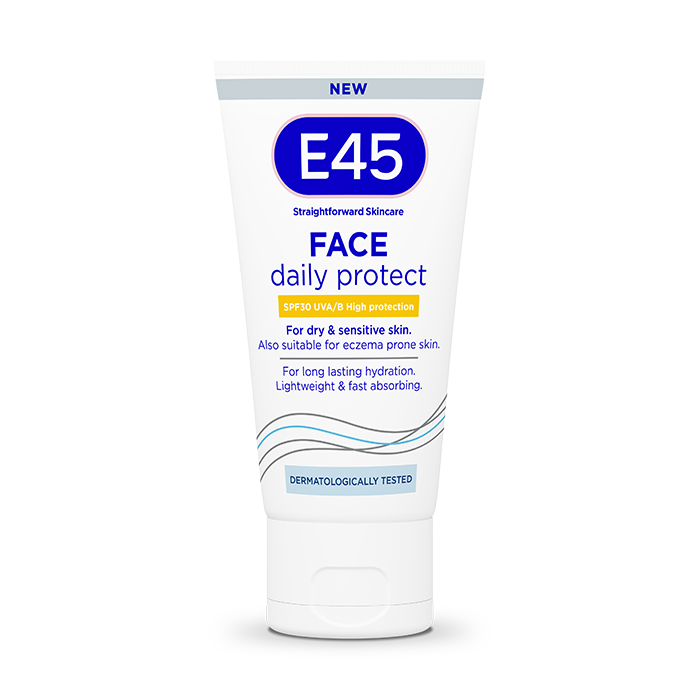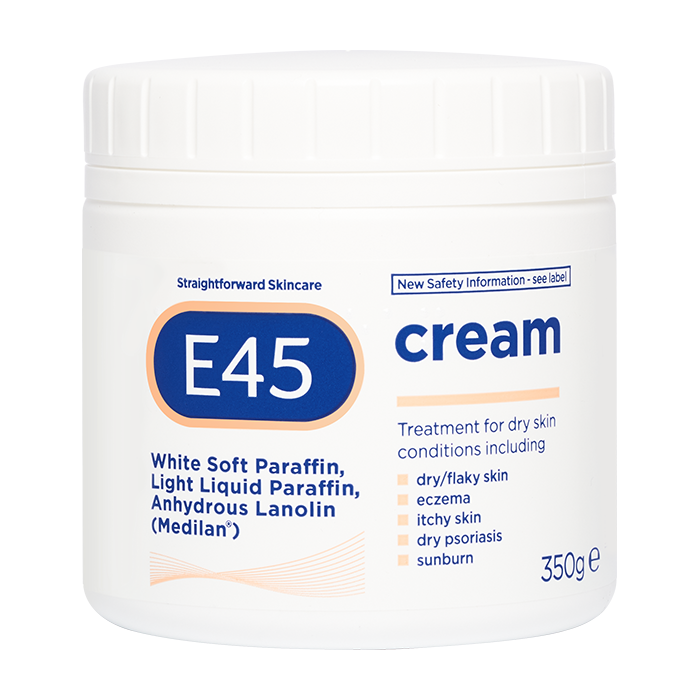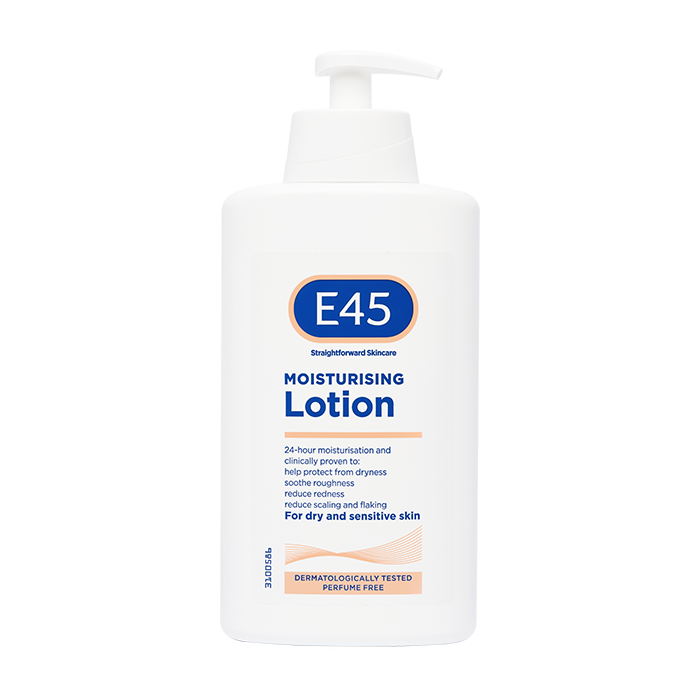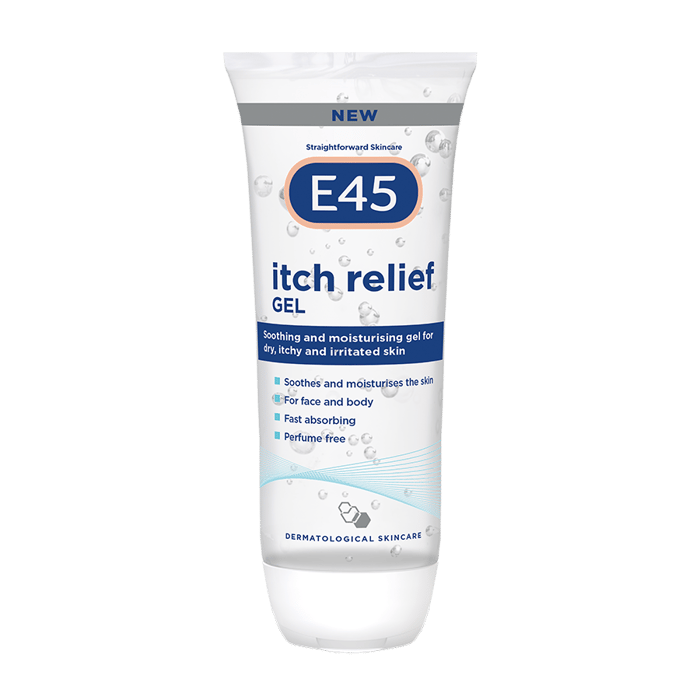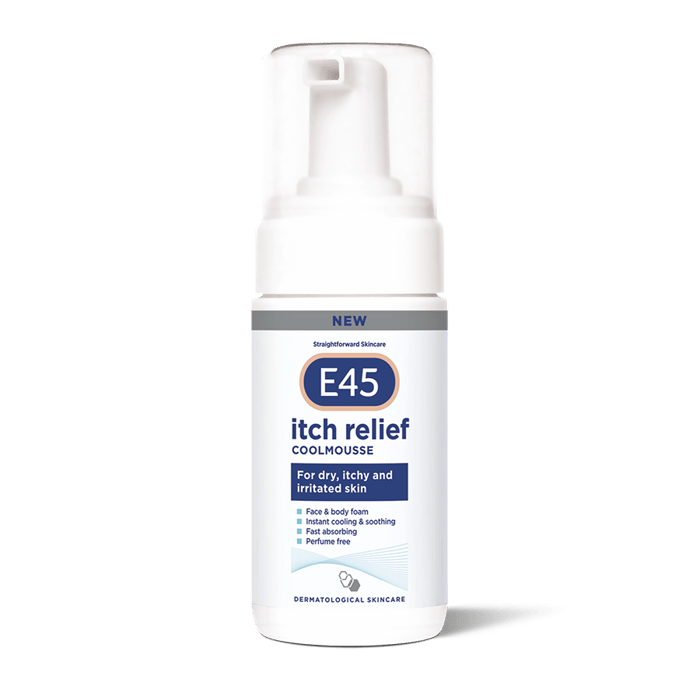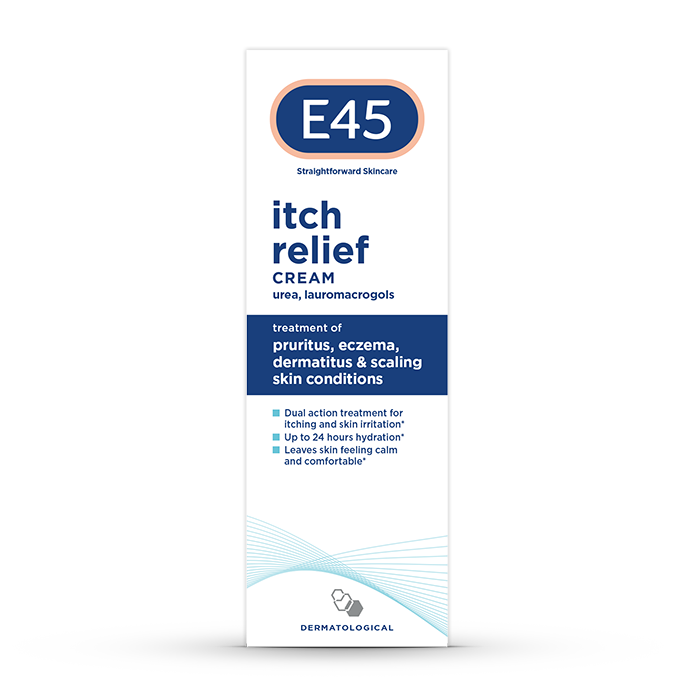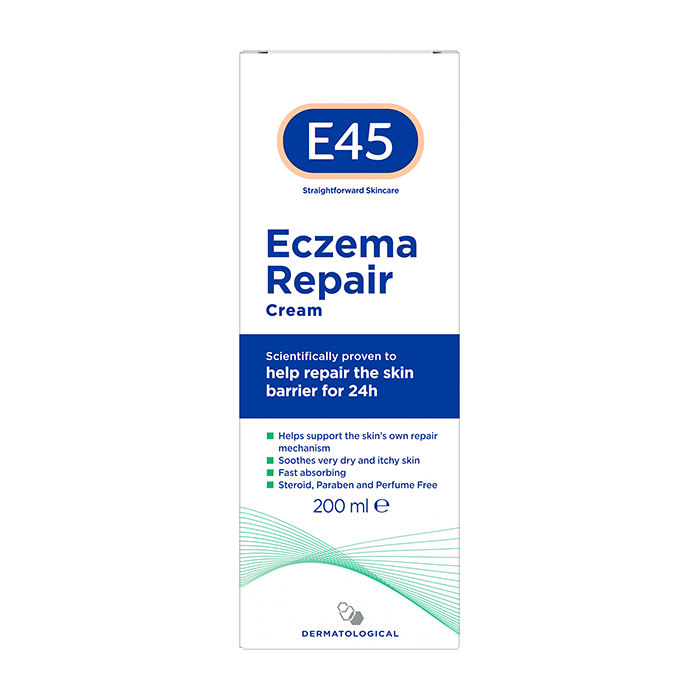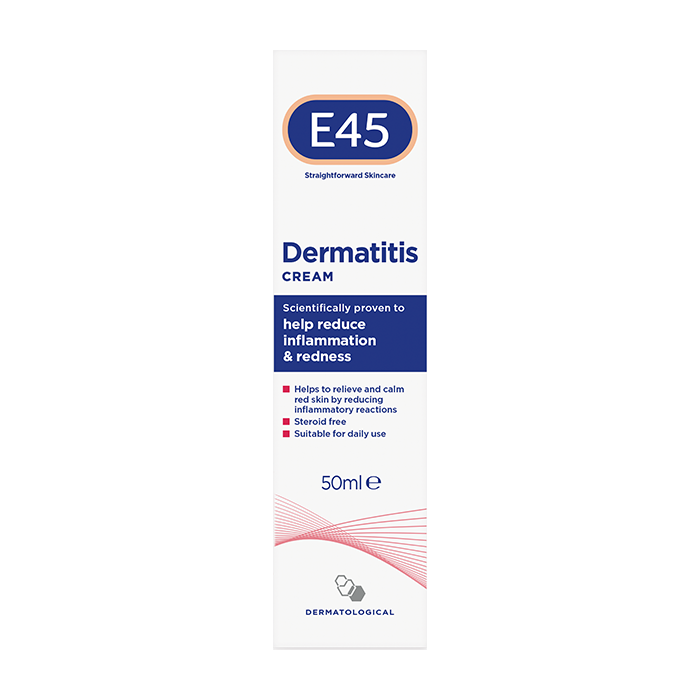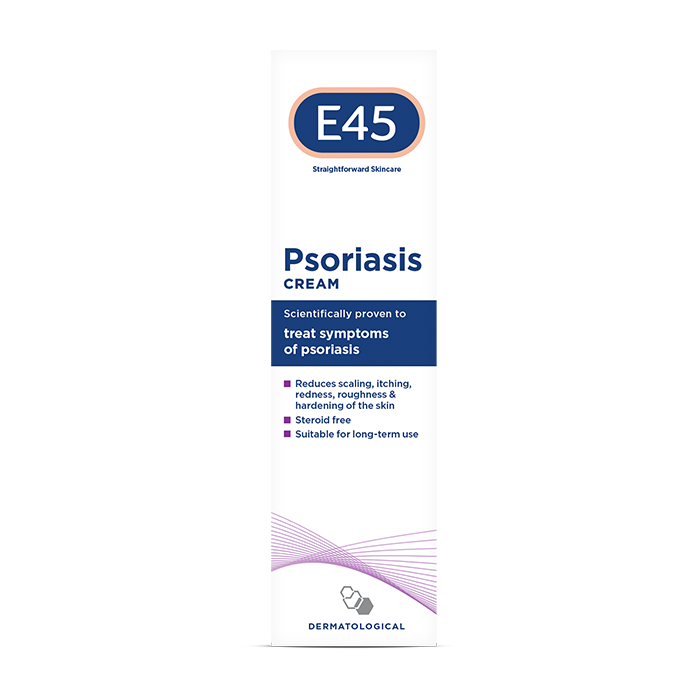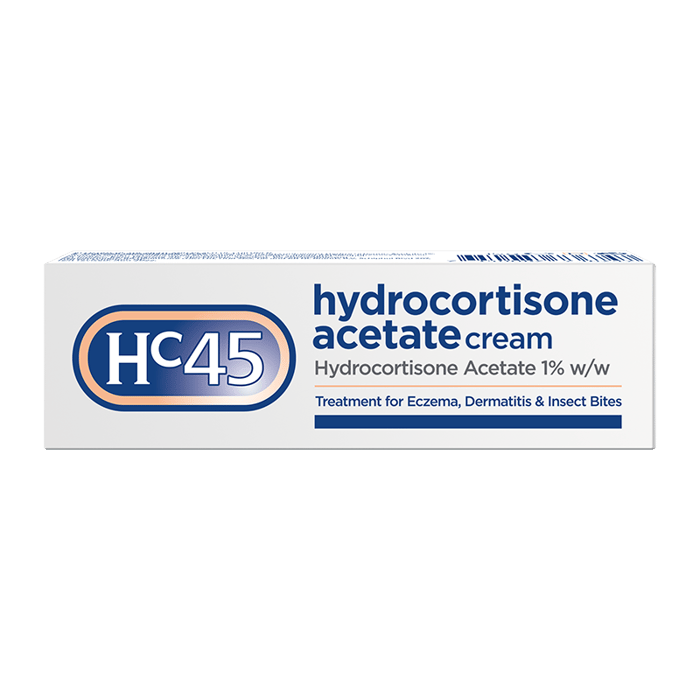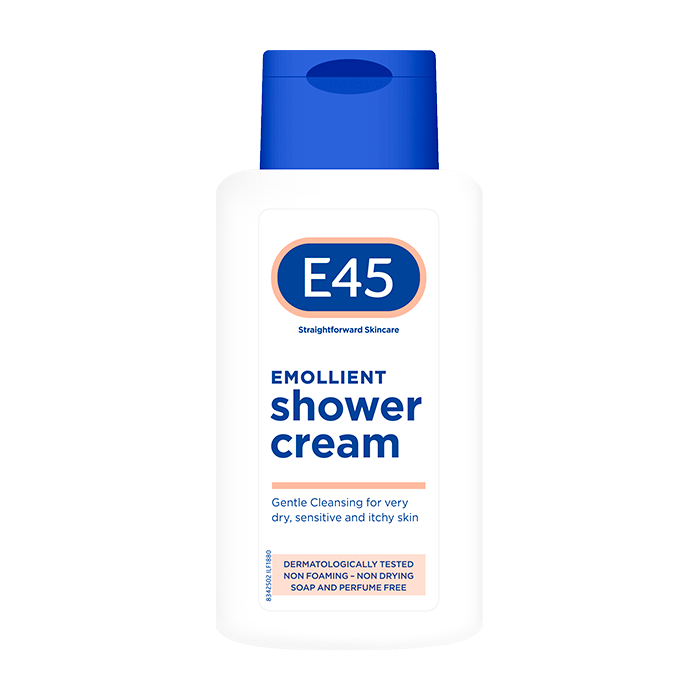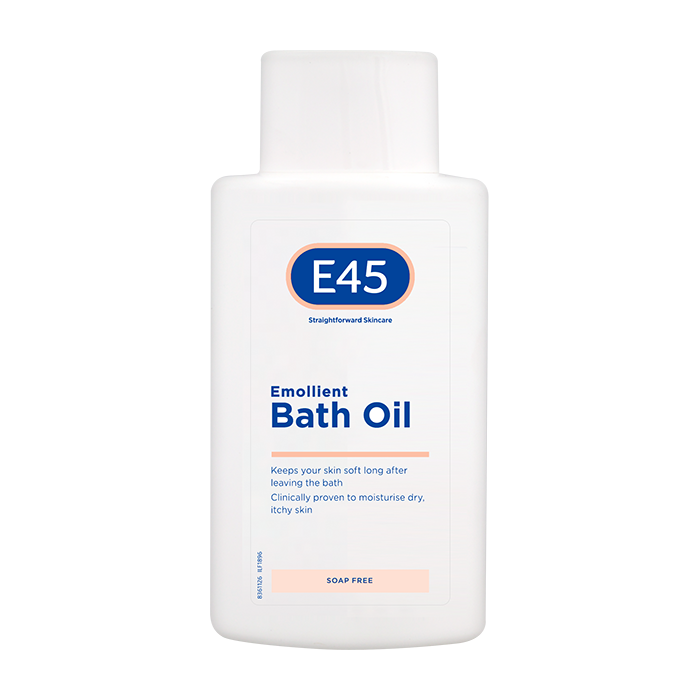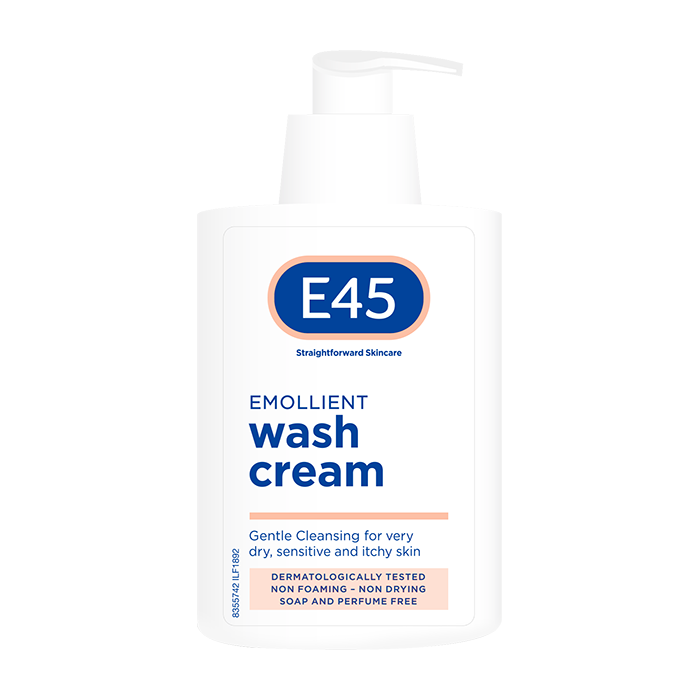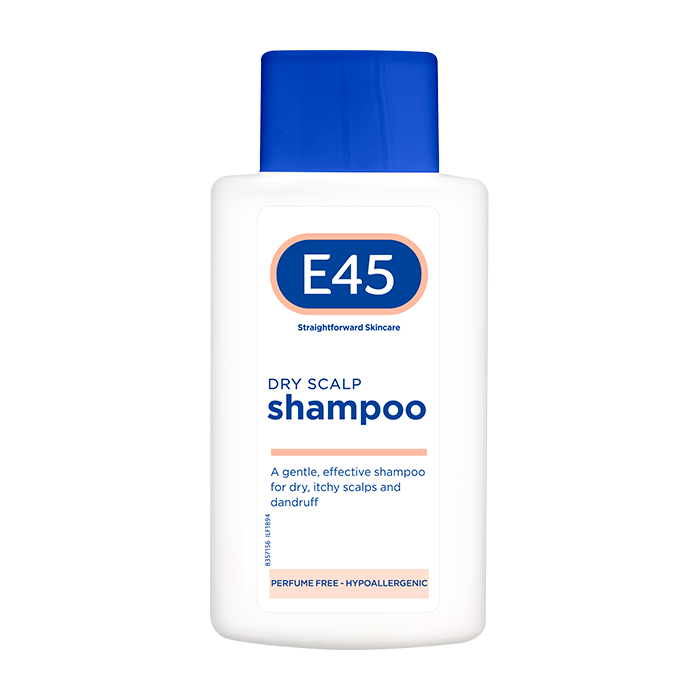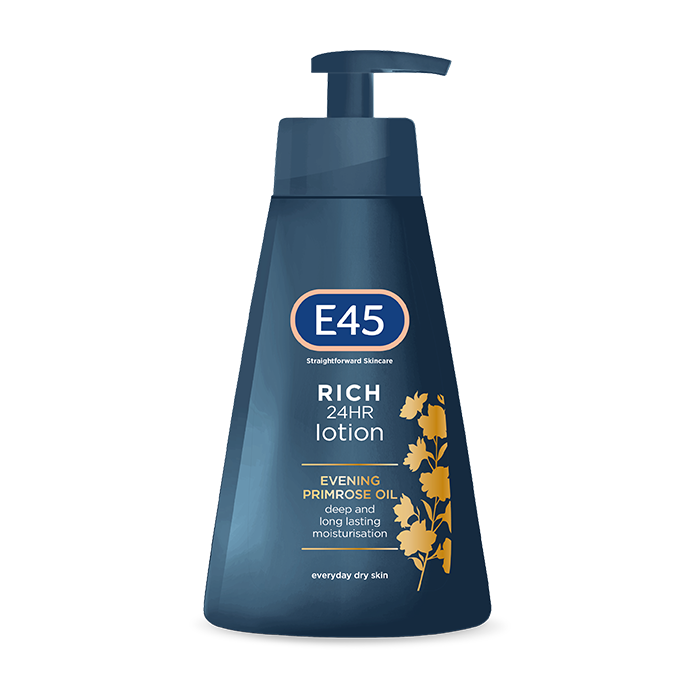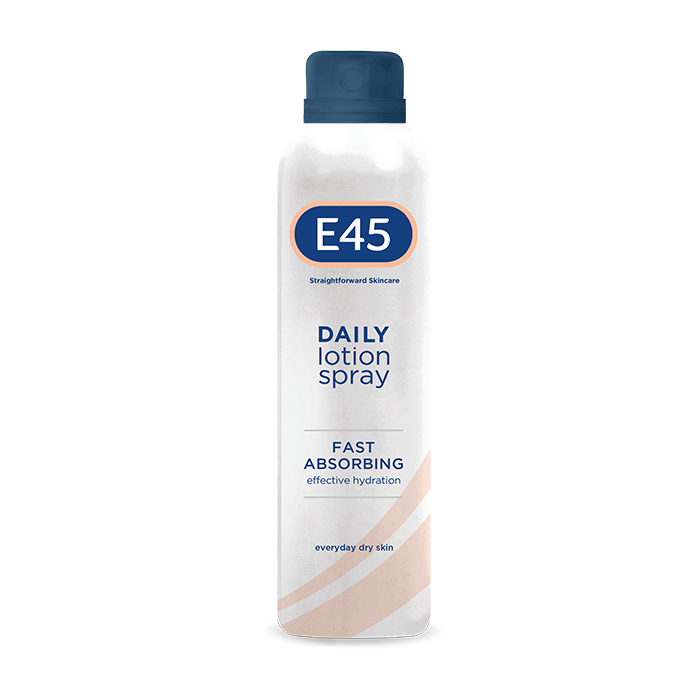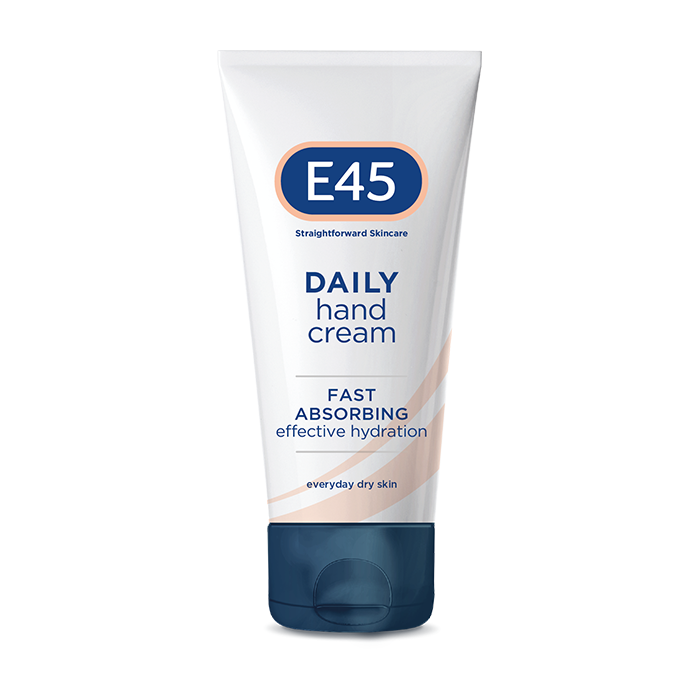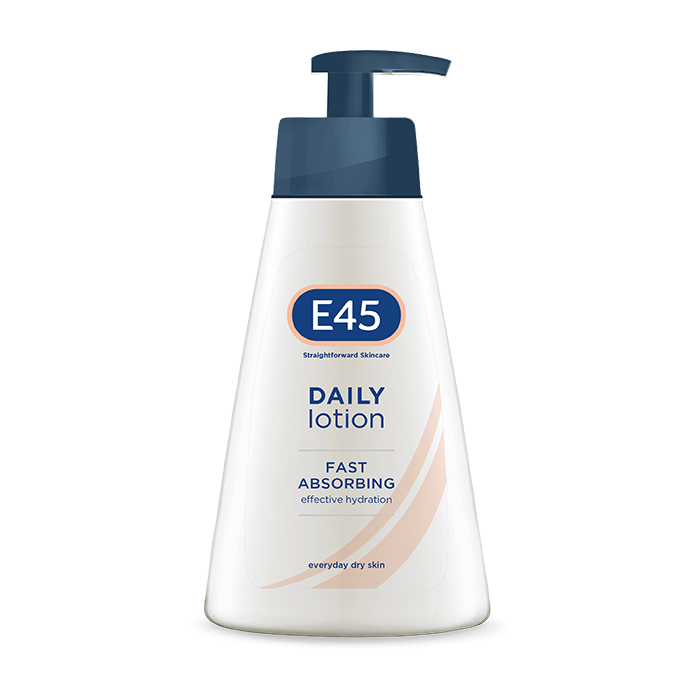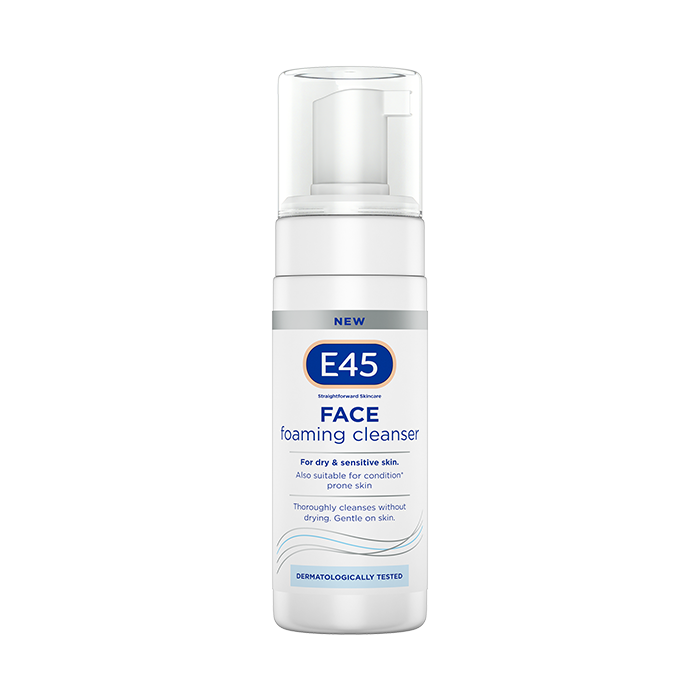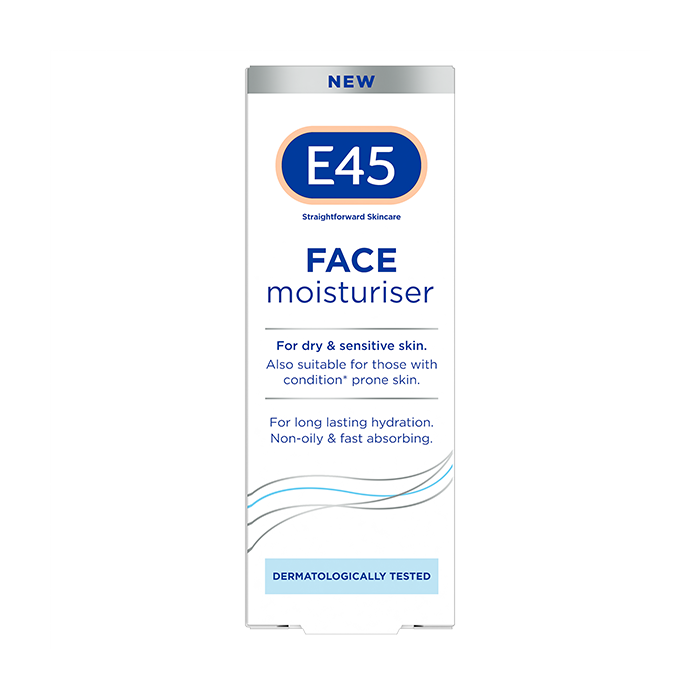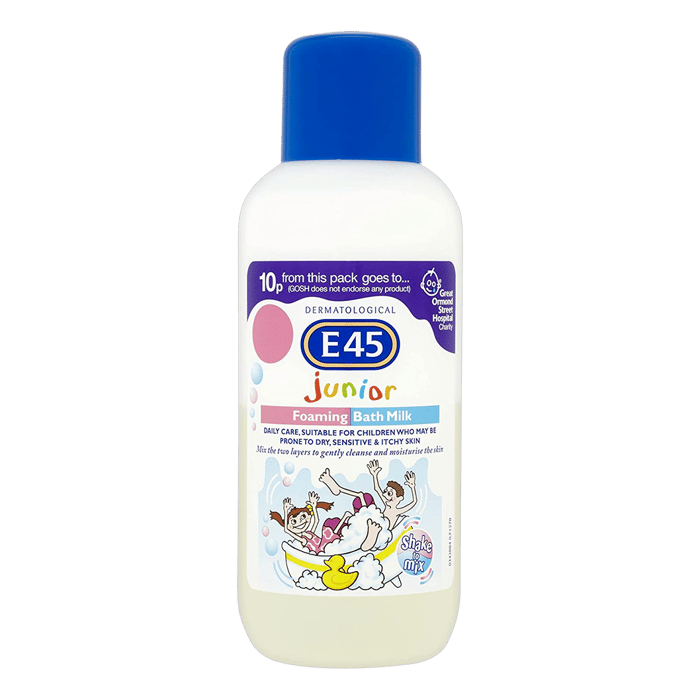When Can Newborns Go Outside?
Introducing a newborn to the sun requires careful consideration due to their sensitive skin and developing immune systems. With research indicating that significant sun exposure in early life can impact long-term skin health (source), it’s essential for parents to understand when and how to safely venture outside with their little ones.
Why are babies so sensitive to the sun?
Babies’ skin is significantly more vulnerable to the damaging effects of the sun compared to adults. This heightened sensitivity is due to several physiological factors (source):
- Thinner skin: A baby’s skin is much thinner than that of an adult, making it less effective at blocking UV rays. The outer layer of the skin, known as the epidermis, is still developing in infants and doesn’t provide the same level of protection as it does in older children and adults.
- Lower melanin production: Melanin is the pigment in our skin that helps protect us from UV radiation. Babies have much less melanin in their skin, meaning they have less natural protection against the sun’s harmful effects.
- Developing immune system: A baby’s immune system is still developing, which can impact their skin’s ability to repair sun damage. This increases the risk of sunburn and long-term skin damage.
- Higher surface area to body weight ratio: Infants have a higher body surface area relative to their weight, meaning more skin is exposed to harmful elements compared to the rest of their body mass.
Understanding these factors helps explain why it’s essential to take extra precautions to protect infants from sun exposure.
When can my baby go outside in the sun?
As your baby grows, understanding the right time for sun exposure is key to their health and safety. This guide provides age-specific recommendations for safe sun enjoyment from infancy to toddlerhood.
0-6 months
For the first six months, it’s recommended to keep babies out of direct sunlight as much as possible (source). Their skin is extremely vulnerable to UV rays during this time. If they need to be outdoors, ensure they are in a shaded area, use protective clothing, and apply sunscreen on small areas of the body if unavoidable.
6-12 months
Babies in this age group can start to have more exposure to the sun, but it should still be limited and carefully managed. The best times for sun exposure are early morning or late afternoon when the sun’s rays are not as strong. Sunscreen, protective clothing and shade are still essential.
Toddlers
Toddlers can be more active outdoors, but sun protection remains crucial. Teach them about the importance of staying in the shade, wearing sun hats and sunglasses, and the routine of applying sun cream (source).
By understanding the developmental needs of your child and taking appropriate measures, you can safely enjoy outdoor activities with your baby while protecting them from the risks associated with sun exposure.
What if my baby gets sunburned?
The effects of sunburn on baby’s skin
When a baby’s delicate skin is exposed to too much sunlight, it can lead to sunburn. This occurs because the ultraviolet (UV) rays from the sun can damage the DNA in the skin cells. In babies, this damage is more significant due to their thinner skin and lower melanin content, which normally provides some protection against UV radiation.
Immediate effects
- Redness and irritation: The most visible sign of sunburn is skin redness and irritation. This occurs because the UV rays increase blood flow to the affected area as the body tries to repair the damage.
- Pain and tenderness: The skin becomes tender and painful to touch, as the sunburn causes inflammation of the skin.
- Swelling and blistering: In more severe cases, the skin may swell and blister, indicating deeper skin damage.
Long-term consequences
- Increased risk of skin cancer: Repeated sunburns, especially during childhood, can increase the risk of skin cancer later in life, including melanoma (source).
- Premature ageing of skin: Sun damage can lead to premature ageing of the skin, characterised by wrinkles and sunspots.
- Photosensitivity: Sunburned skin can become more sensitive to the sun, leading to a higher risk of future sunburns.
Steps to take if your baby gets sunburnt
- Remove from the sun: Immediately move your baby out of the sun to a cool, shaded place.
- Cool the Skin: Gently apply cool compresses to the sunburnt areas. You can use a damp cloth or give a cool bath.
- Hydration: Keep your baby hydrated. Breastfeed or bottle-feed more frequently, and provide water to older babies.
- Soothing creams: Apply a mild moisturising cream such as E45 Cream to soothe the skin. Avoid products containing alcohol and fragrances.
- Pain relief: If your baby is in pain and is over six months old, consult your paediatrician about giving the appropriate dose of pain relief.
- Monitor for serious symptoms: Watch for signs of severe sunburn, such as fever, chills, or blisters. If any of these occur, contact your paediatrician immediately.
- Loose clothing: Dress your baby in loose, soft clothing to avoid further skin irritation.
By taking prompt and appropriate actions to soothe and protect the affected skin, and by seeking medical advice when necessary, you as a parent can mitigate the discomfort and potential health risks associated with sunburn. Most importantly, prevention is key.
When to visit the doctor?
If your baby gets sunburned, it’s important to know when a doctor’s visit is necessary. You should consider taking your baby to the doctor if they have a severe or blistered sunburn, especially if it covers a large area, as this indicates a more serious burn.
A doctor’s evaluation is also advised if your baby shows signs of a systemic reaction like fever or chills. Dehydration is another concern; symptoms such as a dry mouth, crying without tears, or a significant decrease in wet diapers are red flags. Additionally, if your baby becomes unusually lethargic, excessively irritable, or shows any signs of infection in the sunburned area, like increased redness, swelling, or pus, medical attention is required.
This is particularly important for babies under six months old, as their skin is extremely delicate and any sunburn at this age should be assessed by a healthcare professional. In cases of sunburn, it’s always safer to consult with your paediatrician to ensure proper care and peace of mind.
How to prevent your baby from getting sunburned
Protecting your baby from sunburn is crucial for their delicate skin and overall health. Sunburn in infancy can not only cause immediate discomfort, but also increase the risk of skin issues later in life. Here are key steps to prevent sunburn in babies:
- Avoid peak sun hours: Try to keep your baby out of the sun between 10am and 4pm, when UV rays are strongest. Plan outdoor activities in the early morning or late afternoon instead.
- Seek shade: When outside, use natural shade from trees or umbrellas. For strollers, utilise covers that provide UV protection.
- Dress appropriately: Outfit your baby in lightweight, long-sleeved clothing that covers most of their skin. A wide-brimmed hat can protect their face, neck and ears. For infants over six months, UV-protective sunglasses can safeguard their eyes.
- Use sunscreen: For babies older than six months, apply a broad-spectrum, water-resistant sunscreen with an SPF of at least 30. Reapply every two hours, or more often if swimming or sweating. For infants under six months, use sunscreen sparingly and only on small areas like the face and back of the hands if shade and clothing are not sufficient.
- Stay hydrated: Keep your baby well-hydrated to help regulate their body temperature and maintain healthy skin.
- Educate and model behaviour: As your child grows, teach them about the importance of sun protection. Lead by example by wearing sunscreen and protective clothing yourself.
By following these preventive measures, you can significantly reduce the risk of your baby getting sunburned while still enjoying time outdoors safely. Remember, each child’s skin is different, so it’s always best to consult with your paediatrician for personalised advice.
Keeping your baby hydrated
Maintaining proper hydration is important for babies, particularly when they are out in the sun. For infants under six months who are not yet eating solid foods, breast milk or formula is usually sufficient to keep them hydrated. These young babies typically don’t require additional water. However, as babies begin to eat solids, around the six-month mark, small amounts of water can be introduced. Providing water in a sippy cup or bottle during meal times helps them become accustomed to drinking water.
It’s important to monitor your baby’s hydration levels. Indicators of adequate hydration include six to eight wet diapers a day, a moist mouth and visible tears when crying. Be alert to signs of dehydration, such as a decrease in wet diapers, a dry mouth, or signs of lethargy, and consult your paediatrician if these symptoms appear. Avoid giving babies sugary drinks as they can lead to dehydration and aren’t suitable for their developing bodies.
In hot weather or in warmer climates, babies may require more frequent hydration. In these conditions, it’s advisable to offer breast milk or formula more regularly and ensure that babies who are on solid foods have access to water. This approach ensures that your baby remains well-hydrated, especially during times of increased sun exposure.
Read more: Sun protection
Conclusion
Navigating the journey of introducing your newborn to the outside world involves understanding and managing their unique needs, especially when it comes to sun exposure. This guide has covered the essential aspects of why babies are sensitive to the sun, when and how they can safely enjoy being outdoors, measures to prevent sunburn, and the importance of hydration. Every baby is unique, and while these guidelines serve as a general framework, always consult your paediatrician for advice tailored to your baby’s specific needs. With the right care and precautions, you can help ensure your baby’s health and wellbeing while enjoying all of the beautiful experiences the outdoors has to offer.
FAQ
How long should a newborn stay home after birth?
Generally, there is no set time for how long a newborn should stay home after birth. It often depends on the baby’s health, the mother’s recovery, and the family’s preferences. Many paediatricians suggest limiting exposure to large crowds or public places for the first few weeks to reduce the risk of infections.
Can I bring my one week old baby outside?
Yes, you can bring a one-week-old baby outside. Short outings, preferably in a pram or carrier, can be beneficial. It’s important to avoid direct sunlight and extreme temperatures, and to limit exposure to crowded places to reduce the risk of infections.
How long should you wait to go out after having a baby?
The timing for a mother to go out after giving birth varies depending on individual health and the type of delivery. Generally, it’s recommended to wait until after the first postpartum check-up (usually around 6 weeks) for strenuous activities. However, light walks and brief outings can be started earlier as long as you feel comfortable.
What temperature is OK for a newborn to go outside?
A newborn can safely go outside in temperatures ranging from about 10°C to 29°C. It’s important to dress the baby appropriately for the weather and always provide protection from direct sunlight. In very cold or very hot temperatures, it’s best to keep outings brief and ensure the baby is well-protected from the elements.
Resources
https://www.healthline.com/health/baby/when-can-newborns-go-outside
https://www.ucsfbenioffchildrens.org/education/sun-safety-for-children-and-babies
https://www.nhs.uk/conditions/baby/first-aid-and-safety/safety/safety-in-the-sun/
https://www.who.int/news-room/fact-sheets/detail/ultraviolet-radiation
https://www.skincancer.org/blog/sun-safe-babies/
The post When Can Newborns Go Outside? appeared first on E45.
